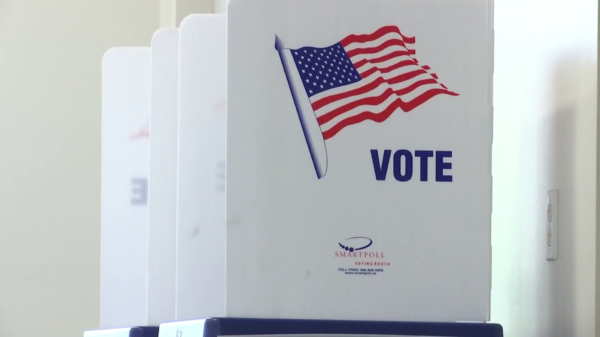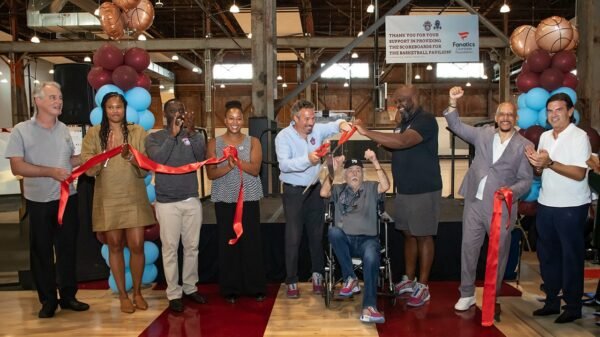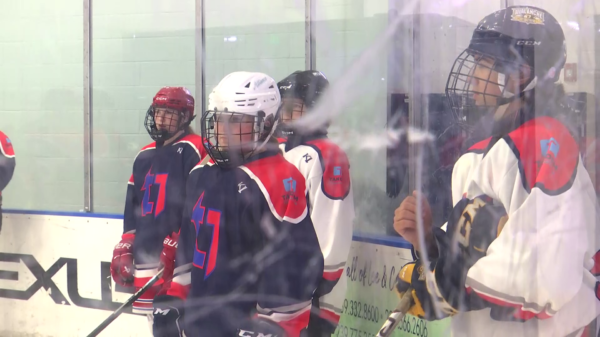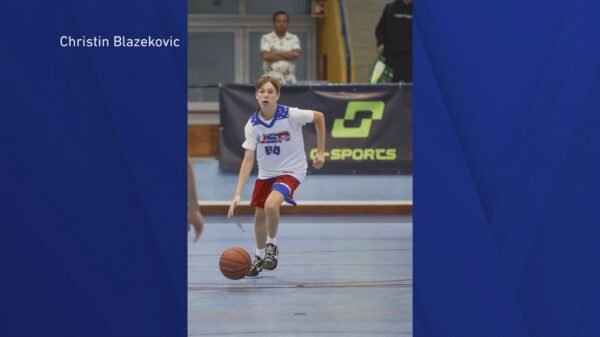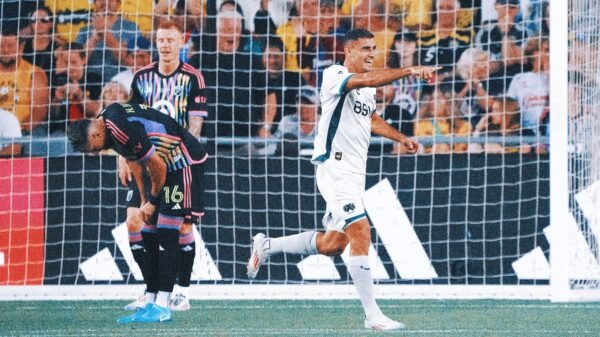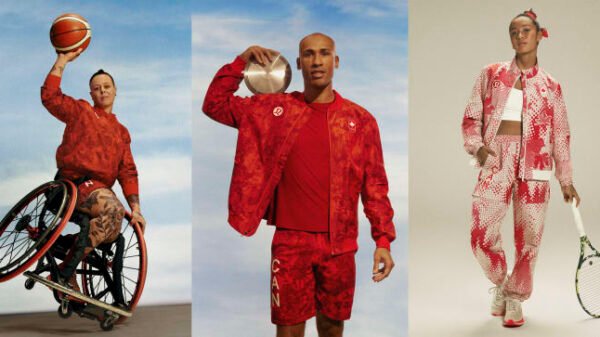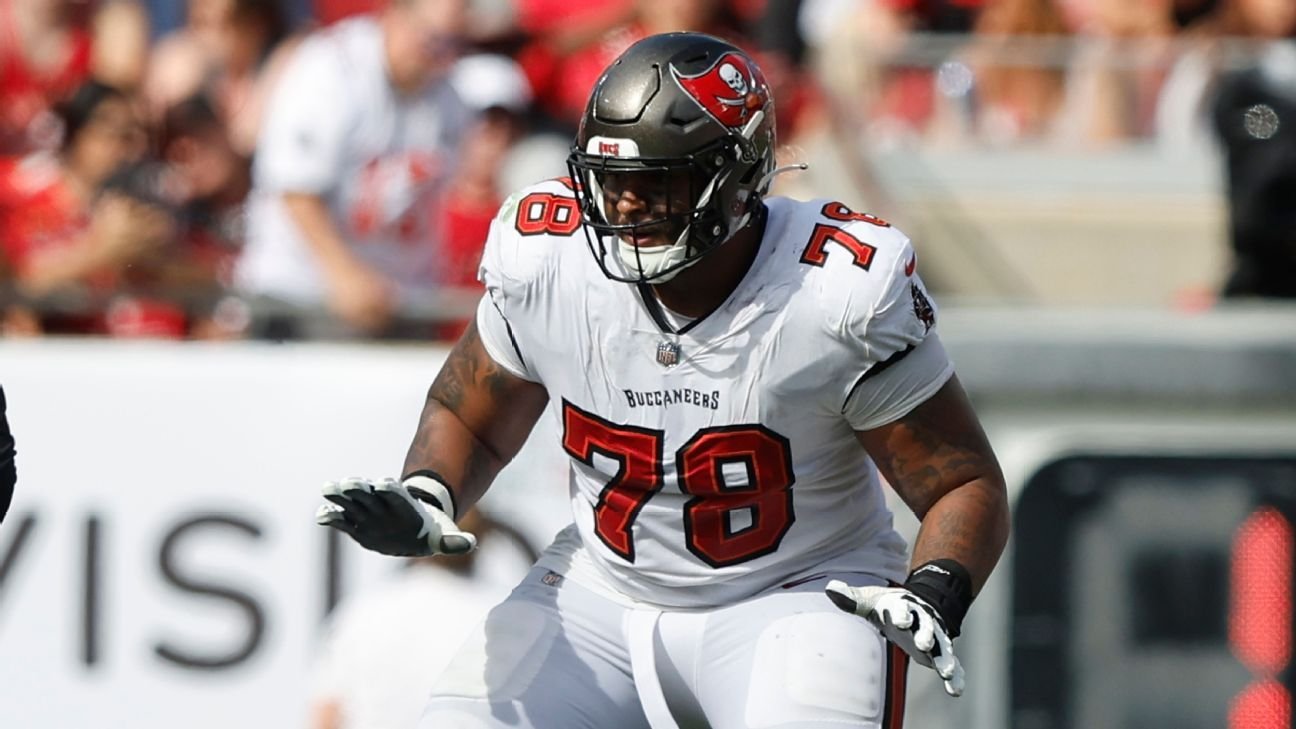Bucs’ Tristan Wirfs seeing psychologist over move to left tackle
Tristan Wirfs, the talented offensive tackle for the Tampa Bay Buccaneers, has recently made a significant change in his career that has prompted him to seek professional help. The young athlete, who was phenomenal at the right tackle position last season, has been shifted to the crucial left tackle spot. This move has caused a great deal of stress and anxiety for Wirfs, leading him to start seeing a psychologist to help him cope with the transition. In this article, we will delve into the challenges Wirfs faces as he adjusts to his new role and the helpful role therapy plays in his journey.
The burden of left tackle
Moving from right tackle to left tackle is not a simple adjustment. The left tackle is responsible for protecting the quarterback’s blind side, making it a position of immense pressure and responsibility. While Wirfs displayed exceptional skills and maturity in his rookie season, the new role brings a new set of challenges that can be mentally and emotionally overwhelming. The weight of ensuring the quarterback’s safety while facing the most formidable pass-rushers in the league can take a toll on even the most talented individuals.
Embracing vulnerability and seeking help
Recognizing the mental strain that comes with the transition, Tristan Wirfs made the courageous decision to seek professional assistance. By seeking help from a psychologist, Wirfs demonstrates a profound sense of vulnerability and an understanding that mental health is just as crucial as physical health in professional sports. Many athletes, in times of stress, succumb to the pressure, harming their performance and overall well-being. Wirfs, however, decided to take a proactive step towards maintaining his mental fitness.
The role of the psychologist
Wirfs’ psychologist plays a vital role in helping him navigate the challenges of his new position. This mental health professional assists Wirfs in understanding and managing the anxiety and pressure that can arise from his move to left tackle. The psychologist provides him with coping strategies, techniques to enhance his focus, and helps build confidence in his abilities. Through regular sessions, Wirfs can discuss his concerns, fears, and successes, knowing he has an unbiased expert who can provide guidance.
Addressing the imposter syndrome
One prominent issue Wirfs faces is imposter syndrome, a phenomenon where high-achieving individuals doubt their abilities and feel like frauds despite evidence of their competence. With the transition to left tackle, there is an expectation of continued exceptional performance, which can exacerbate imposter syndrome. The psychologist helps Wirfs recognize and challenge this negative mindset, fostering self-belief and reminding him of his past accomplishments and abilities.
Building resilience and mental strength
Transitioning to left tackle requires more than physical prowess; it demands resilience and mental strength. The psychologist emphasizes the importance of resilience-building exercises and mental conditioning. Through techniques such as visualization, positive self-talk, and mindfulness, Wirfs learns to stay focused and composed during high-pressure situations. Additionally, the psychologist assists him in developing coping mechanisms to bounce back from setbacks and stay motivated throughout the transition process.
Ongoing support and reflection
Lastly, the psychologist provides Wirfs with ongoing support and reflection. The process of transitioning to left tackle is not instantaneous; it takes time, practice, and perseverance. The psychologist helps Wirfs identify and celebrate small victories, fostering a positive mindset and reinforcing his progress. Moreover, the psychologist encourages self-reflection, allowing Wirfs to gain insight into his experiences, emotions, and thoughts. This self-awareness provides a foundation for continuous growth and improvement.
In conclusion
Tristan Wirfs’ decision to see a psychologist amid his move to left tackle exemplifies the commitment many athletes have towards their mental health and overall well-being. The transition to left tackle is daunting, but with the guidance and support of a mental health professional, Wirfs can navigate the challenges effectively. By addressing his vulnerabilities, embracing mental resilience, and maintaining ongoing support, Tristan Wirfs is taking all the necessary steps to excel at his new position and continue his successful career with the Tampa Bay Buccaneers.
*Source www.espn.com


